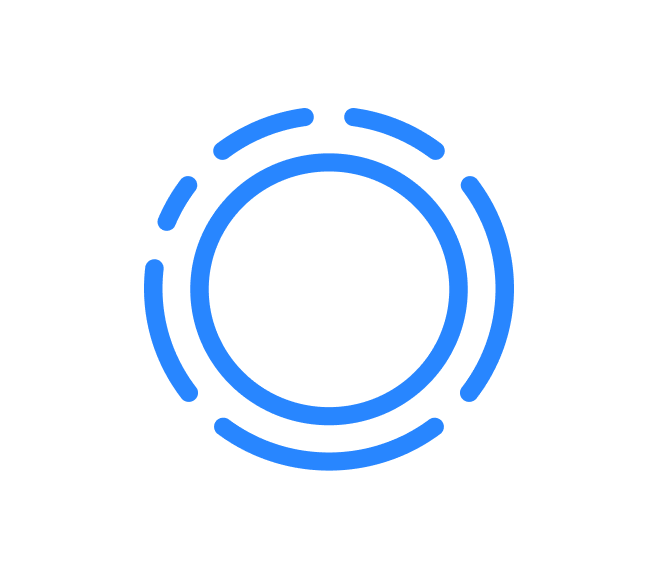
Assessing Soft Skills in Candidates: Thoughtful Methods for Evaluating Interpersonal and Communication Abilities

By Aliaksandra Belnik, Recruiter at Olsys
In today’s evolving job market, success is no longer measured by technical expertise alone. While hard skills may get a candidate noticed, it’s often the softer, interpersonal qualities that determine long-term success and satisfaction for both the individual and the team.
At Olsys, where we work closely across global teams and value open collaboration, I’ve seen firsthand how essential soft skills are to a thriving workplace culture. As I often share with hiring teams and candidates alike, “Hard skills can open doors, but soft skills help you grow once you’re inside.” – Aliaksandra Belnik, Recruiter at Olsys
Why Soft Skills Matter More Than Ever
Whether you’re hiring for a remote developer role, a team lead, or a customer-facing specialist, soft skills make a significant difference in how teams function and grow. Many hiring missteps happen not due to a lack of technical know-how, but due to misalignment in communication style, collaboration, or adaptability.
Soft skills allow people to:
- Work well across departments and cultures
- Navigate feedback and disagreements constructively
- Understand and support team members
- Represent the company’s values and mission with authenticity
From a recruiter’s perspective, assessing these qualities is an essential part of building resilient, human-centered teams.
How Recruiters Can Thoughtfully Assess Soft Skills
Assessing soft skills can be more nuanced than testing for hard skills, but it’s possible with the right methods.
1. Behavioral and Situational Interviewing
Behavioral interviews help reveal how candidates have responded in real-life situations. Look for:
- How they describe team dynamics
- Whether they take ownership or shift blame
- Their tone when discussing challenges
Useful questions:
- “Can you share a time when you received critical feedback? How did you respond?”
- “Describe a situation when a project didn’t go as planned. What did you do?”
Recruiter insight: Pay attention not just to what is said, but how it’s said. Look for signs of self-awareness, emotional intelligence, and humility.
2. Real-Time Collaboration Scenarios
Giving a candidate a mini group task or communication-based challenge (even over Zoom) helps gauge:
- Clarity of thought
- Listening skills
- Comfort with ambiguity
- Ability to involve others or ask for input
For example:
- Role-play a team meeting
- Draft a quick email to a client with minimal briefing
- Brainstorm solutions to a real-life case
Tip for recruiters: Create low-pressure environments to encourage authentic behavior. We’re not looking for “perfect” answers, but for cues about their communication style and problem-solving approach.
3. Team Interviews & Peer Interaction
Involving future teammates in the process has dual benefits:
- Recruiters gather broader input on the candidate’s interpersonal dynamics.
- Candidates get a more accurate picture of team culture and expectations.
At Olsys, we believe that interviews should be two-way conversations, not just evaluations.

4. Reference Checks with Intentional Questions
References can be incredibly valuable when approached with curiosity and respect. Go beyond generic questions and ask:
- “How did they contribute to team culture?”
- “How did they navigate team disagreements or remote work challenges?”
Recruiter reminder: A reference isn’t just about validation—it’s a chance to understand the candidate’s working style from another perspective.
For Candidates: How to Show Your Soft Skills Authentically
Soft skills can be harder to showcase on a resume—but they shine through in how you interact, listen, and respond. Here’s how candidates can bring their interpersonal strengths forward during the hiring process:
1. Reflect on Your Work Style
Before the interview, think about:
- How do you prefer to communicate
- How you’ve adapted to challenging situations
- What kind of team environment helps you do your best work
When asked about past situations, try to use the STAR method (Situation, Task, Action, Result) to give clear, structured answers that highlight your role.
2. Be Present and Engaged
Soft skills show in small ways:
- A thoughtful pause before answering
- Expressing appreciation or curiosity
- Active listening (e.g., referencing something the interviewer said earlier)
Even a short thank-you message post-interview can reinforce professionalism and empathy.
3. Ask Meaningful Questions
When candidates ask about team dynamics, communication tools, or feedback culture, it shows that they’re not only evaluating the job—they’re interested in how they will collaborate and grow within the team.
Good questions include:
- “How does your team usually handle feedback?”
- “What communication tools do you use for collaboration?”
Building a Culture of Soft Skill Awareness
At Olsys, our experience shows that great teams are built on respect, empathy, and clarity. That’s why we continuously refine our hiring practices to recognize not just technical talent, but interpersonal value as well.
For recruiters: Don’t be afraid to slow down and explore the “how” of a candidate’s experience.
For candidates: Know that your tone, approach, and attitude matter—and they can help set you apart, even in highly technical fields.











